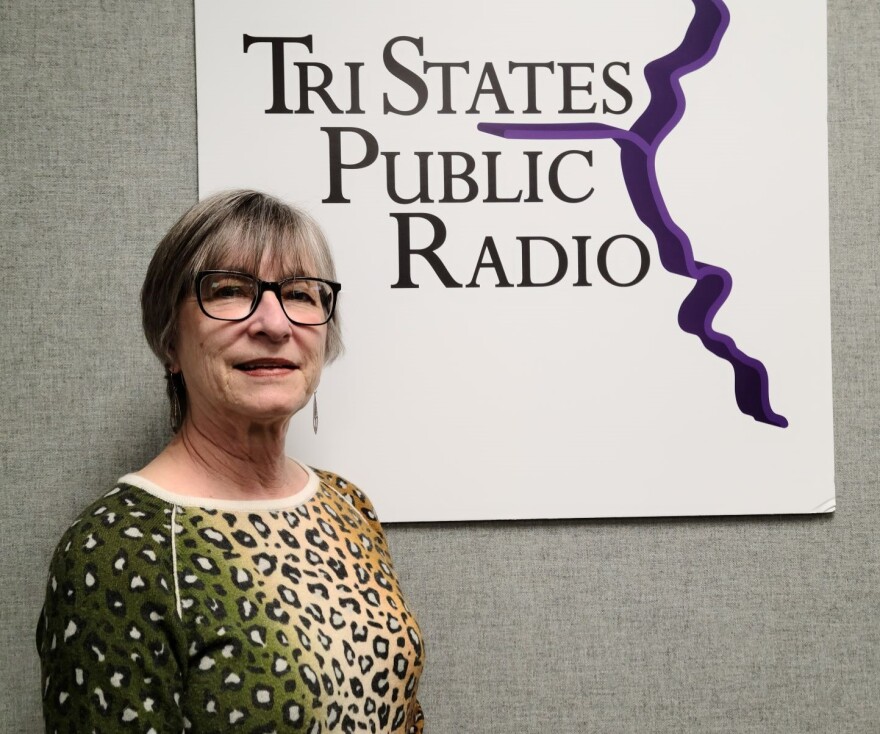It’s interesting to me that the older I get, the more I think it is time to begin to pare down. I look around and see how much my husband and I have accumulated over the years; this in large part because we were both only children, making us the recipients of the things that had been accumulated by our parents over the years. Our son took a look around one day and said, “You and Dad have a whole lot of stuff (and that wasn’t the word he used) and you might want to start sorting through it. There are some things that I may want but not all of it!” Of course, that was a reality check because do we really want him to have to deal with this and I am sure his solution would be to rent a dumpster!
But let’s be clear, some of this has tremendous sentimental value. I think that is why, in large part, that we hold on to some of this. I am not speaking just for Tim and myself. I am speaking to those of us who are of a certain age. We have memories about those special items that belonged to a grandmother or other relatives. It speaks to us about the person and the history behind it and sometimes it is hard to let go. That is not the case by any means for the younger generations. That said, I did read an article stating the best way to let go is to take a picture so that it is forever available in photo form and then say good bye to it. I have done this on more than one occasion but when we’re stuck with two grandfather clocks and yes, I said two, there are some items that are not easily moved even after taking that picture.
I periodically look around and think back on the person who gave me that bowl or how special a particular item was to someone; my mother-in-law for instance. She was so organized about the items that she felt were precious that she left notes in them regarding who they belonged to and why each had a special familial meaning. So that only adds to the conundrum in letting go.
Of course, I am a big believer in donating to organizations that assist those in need. Certainly, over the years in my work at the Western Illinois Regional Council there were many opportunities to give furniture, dishes, clothing and other items and there are many organizations available in our communities for continuing to do this. This is a win-win for both the donor and the recipient!
While I have been talking about tangible items, there are intangibles that we hold on to and sometimes need to come to terms with and let go of. I think back to when I was growing up in a difficult and less than ideal household. I am sure many of us could share stories in this regard; abuse, alcoholism and the situations that we lived with. I had an uncle once say to me that our history is critical as it helps shape us in to the persons we become. I think that is the case for me. I have generally been able to separate the bad from the good and maintain a positive outlook. I felt strongly that I couldn’t change my history but I could face it head on, accept it, and learn from it because it’s wasn’t going to change. The only thing that I could change is the now and the going forward.
Enough on that and getting back to tangible stuff. I am very excited that the Learning is Forever series, or LIFE for short, and its wonderful Committee are offering a wide range of course opportunities again. And it is not just for retirees I might add. I took my first LIFE class in 1986 when I was still a youngster. One of the courses being offered this spring is entitled My Heirs Don’t Want My Stuff. What Should I Do with It? This class fits right into the idea of downsizing and letting go. Hopefully, the class will touch on sentimentality; how we address it and get real in order to purge. I expect this class will be very well attended based on comments I’ve heard from friends and acquaintances.
So, look around, take a picture and let’s get prepared to let it go!
Suzan Nash is the retired Executive Director of the Western Illinois Regional Council.
The opinions expressed are not necessarily those of Western Illinois University or Tri States Public Radio.
Diverse viewpoints are welcomed and encouraged.


